A well pump is an electromechanical device installed after a well is drilled or dug. A well pump transports water from the well to another place. The well’s water is pumped through a pipe or jet by a centrifugal pump powered by an electric motor. The well pump raises water and delivers it to the authorized water system or home. The most widely used pumps today are jet pumps and submersible pumps. Both of these pumps use centrifugal force to lift water. Impellers (spinning rotors) produce a vacuum that propels water through the well casing into the distribution system. Read More…
When it comes to moving your hard-to-handle liquids quickly and efficiently, John Blue’s centrifugal transfer and spray pumps are second to none. John Blue Company’s product lines include centrifugal spray pumps, cast iron centrifugal pumps, and polypropylene centrifugal pumps.

Hydra-Tech can help handle your most difficult jobs, and its centrifugal pumps are able to handle high viscosity liquids like refinery waste, molasses, latex & crude oil. Hydra-Tech can make standard pumps as well as custom design them to fit your needs and offers the widest variety of models in a variety of materials. Hydra-Tech is CE Certified and can help find or design the right pump for you.
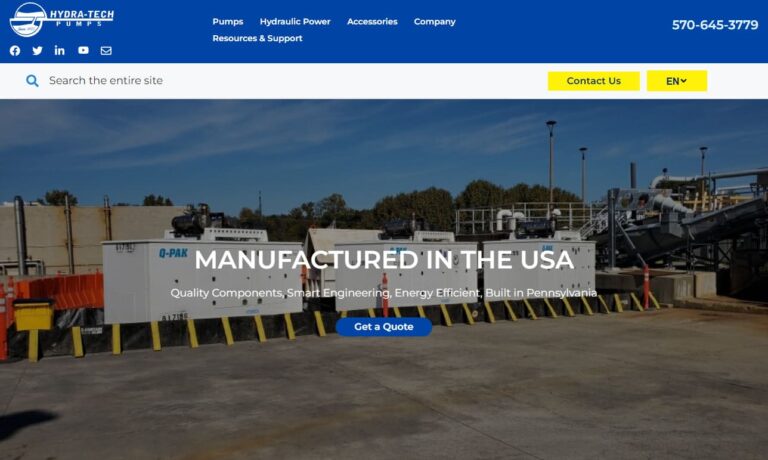
Puffer Sweiven Rotating Equipment offers a wide range of centrifugal pumps from a number of quality manufacturers. We offer these durable products in horizontal, vertical and submersible designs.
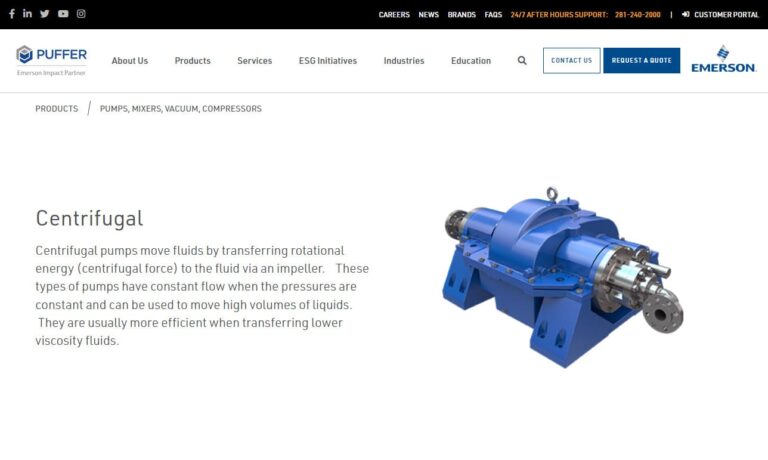
Since 1978, our radial flow centrifugal pumps have been used for flood irrigation, flood control, liquid waste pumping, & more. Our trailer centrifugal pumps supply water with either 540 or 1000 RPM PTO drive. Our sump pumps “attack” your pumping problem using tractor, diesel or electric power. For more information on our centrifugal pumps give us a call today, we are ready to help!
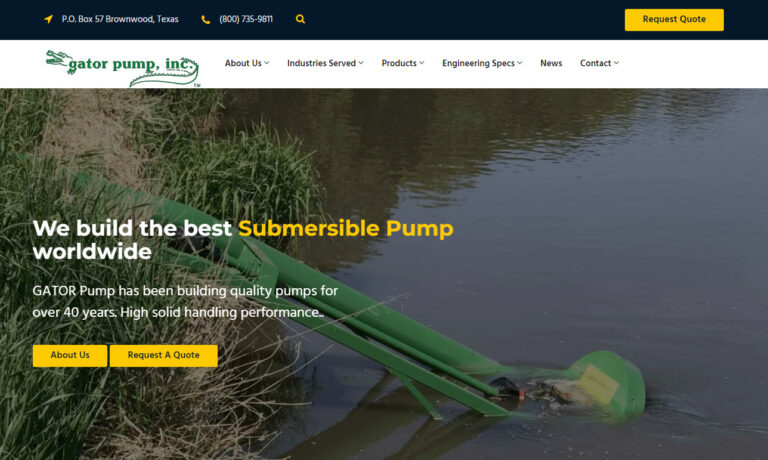
Texas Process Equipment supplies specialty pumps, such as centrifugal pumps and other process equipment. TPE offers products from Chempump, Barnes Pumps, Isochem, Micropump, Price Pump and more. Through a common sense approach to business, communication and information technology, TPE offers the lowest "total cost of ownership" to its customers. Call today to see what TPE can do for you.

More Well Pump Manufacturers
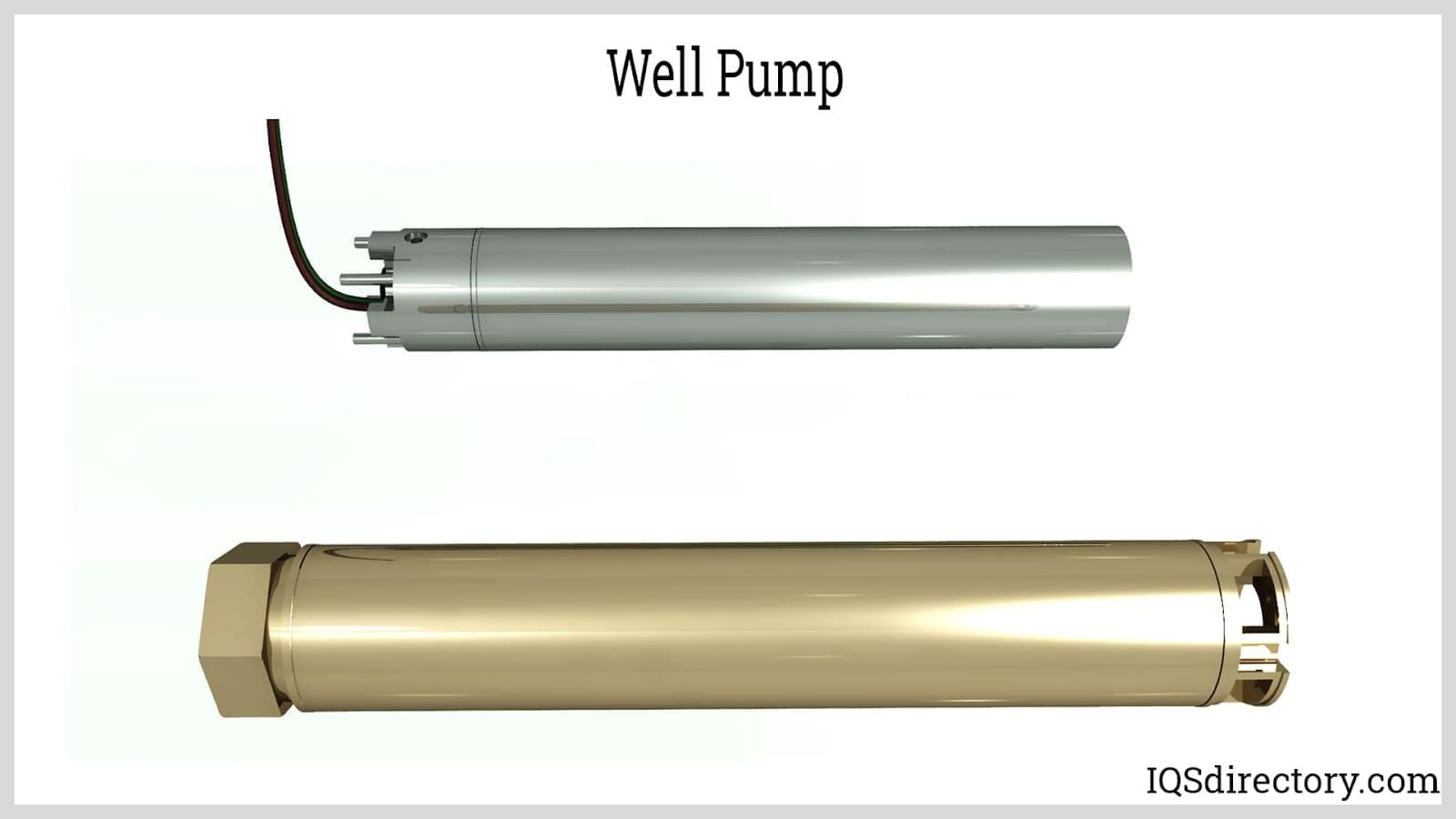
When choosing a well pump, one should consider the depth of the well and how much each water each dwelling needs. Well pumps can handle water, oil, gas, less hazardous chemicals, slurries, and wastewater. Well pumps are often used for household wells, agricultural water distribution, mining, or other fuel production applications.
Types of Well Pumps
Pumps for water wells come in two varieties, deep well pumps and shallow well pumps. Shallow well pumps sit above ground and use suction pipes to draw water. A shallow well suction pump's typical maximum sea-level depth is 25 feet. Shallow good pumps are used when the water is close to the surface or in an artesian well. Deep wells often use jet pumps.
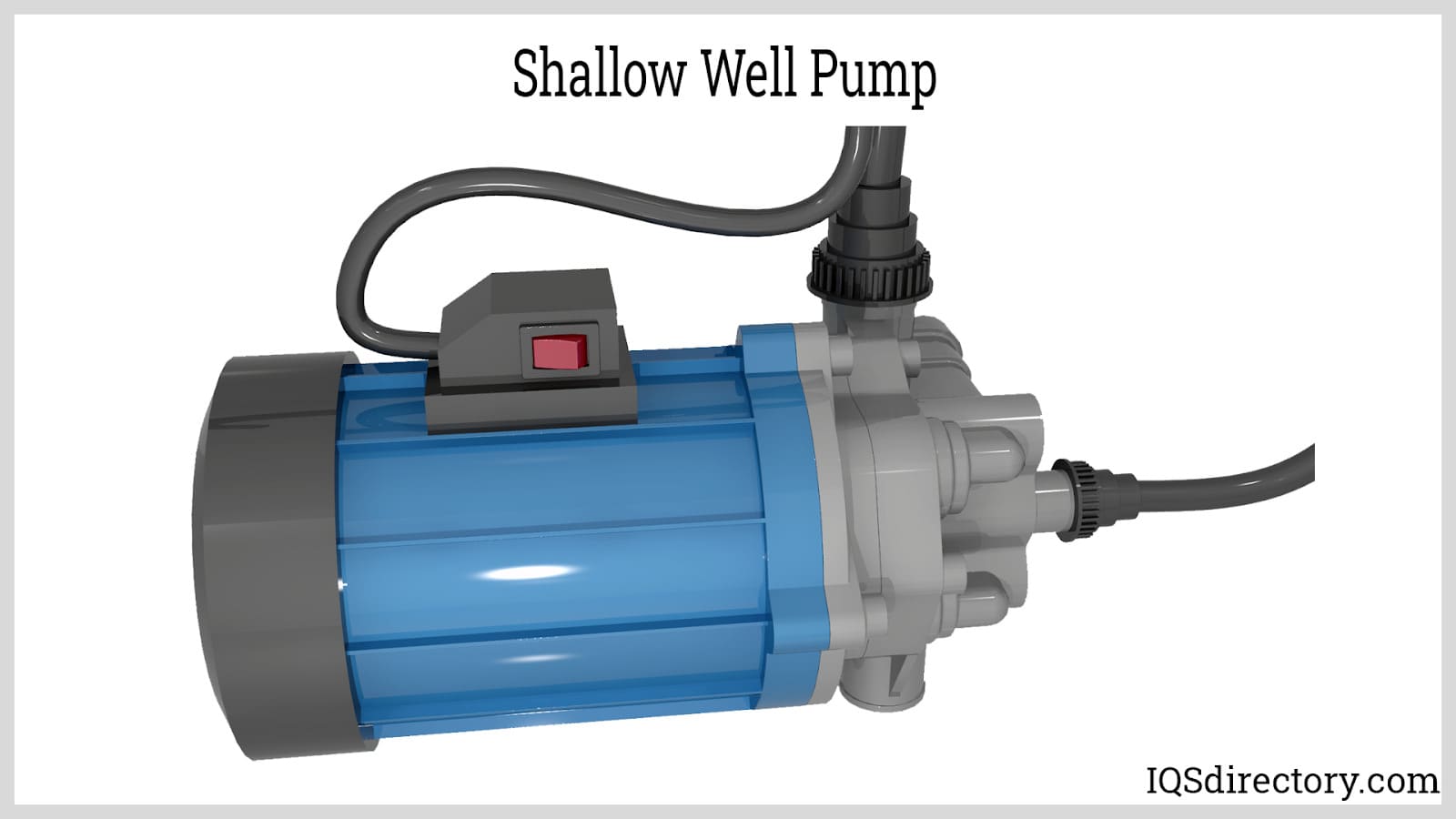
Jet pumps
There are jet pumps for deep and shallow wells. Shallow well jet pumps work well with a depth of 25 feet. Deep well pumps are more powerful and able to operate in depths of 100 feet. However, because the pump's motor will have to work harder, the efficiency will decrease as the well depth increases. Sand damage to jet well pumps is common.
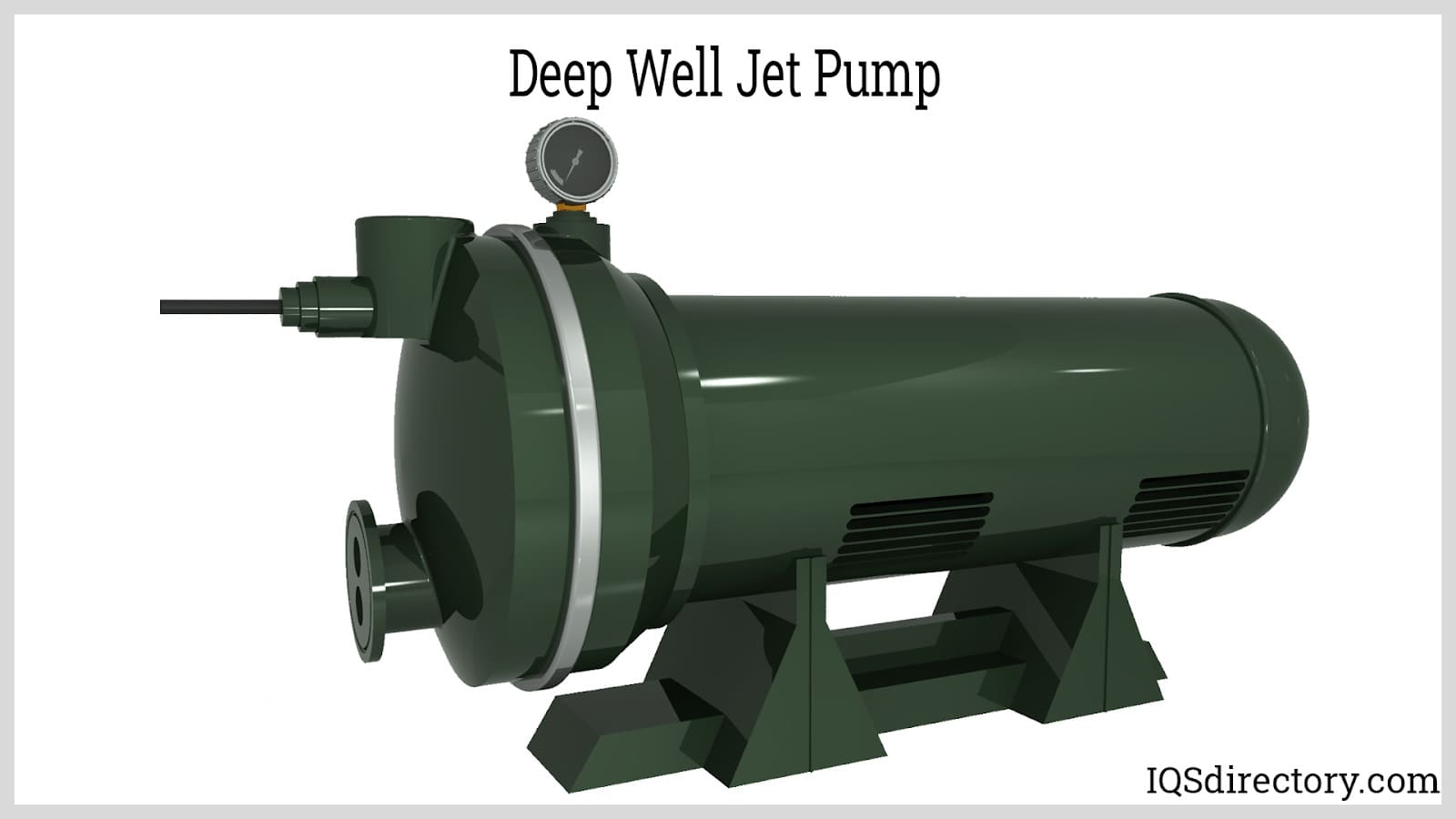
Deep well pumps can sit on the surface or be submersible. Most well water pumps deliver well water to residences in rural areas. These electric pumps are typically submersible, enclosed, and powered by standard household AC power. In addition, they have a die-cast top that enables them to be serviced by underground electrical cables.
Submersible Well Pump
The submersible pump is the most common pump, popular for its adaptability. Submersible well pumps can be used no matter the well’s depth. As their name suggests, submersible pumps are situated deep inside the well, underwater. These pumps are low-maintenance, long-lasting, and watertight. The pump must be removed from the well and brought to the surface to be repaired.
Submersible pumps have a motor that powers impellers to propel water up the pipe. Then, the water enters a surface tank for use. Submersible pumps can be expensive and susceptible to corrosion. However, they are less prone to mechanical failure than aboveground pumps.
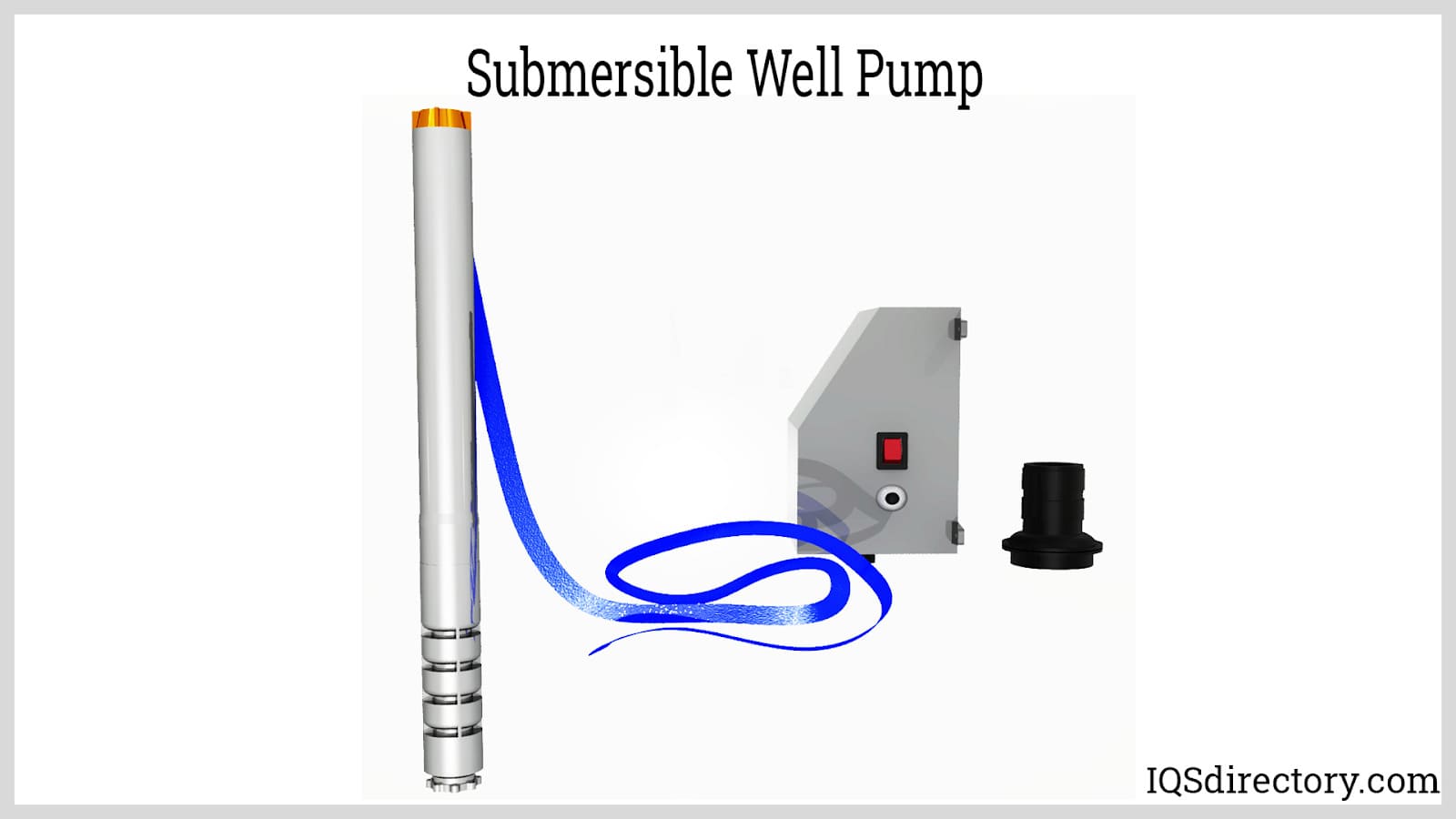
Choosing the Right Well Pumps Supplier
To make sure you have the most positive outcome when purchasing Well Pumps from a Well Pumps Supplier, it is important to compare at least 4 or 5 Companies using our list of Well Pumps suppliers. Each Well Pumps Company has a business profile page that highlights their areas of experience and capabilities and a contact form to directly communicate with the manufacturer for more information or request a quote. Review each Well Pumps company website using our proprietary website previewer to get an idea of what each business specializes in, and then use our simple RFQ form to contact multiple Well Pumps businesses with the same quote.


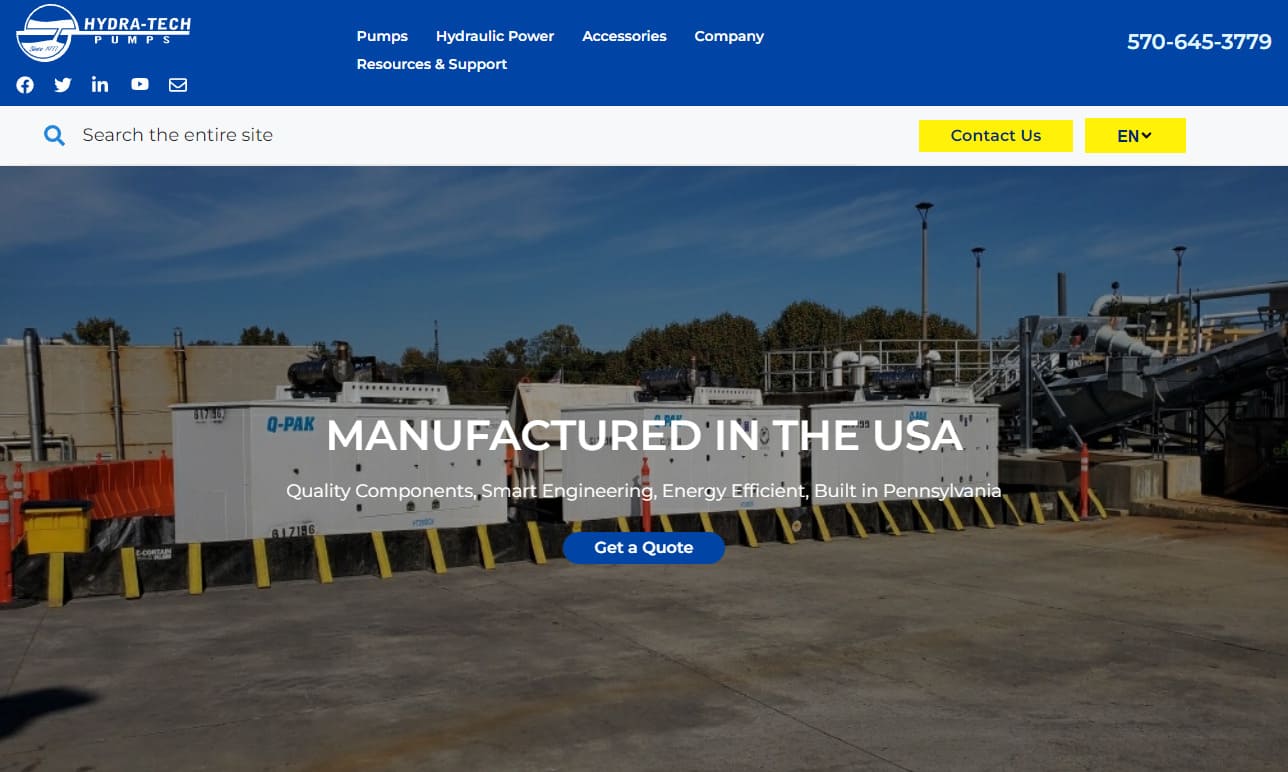
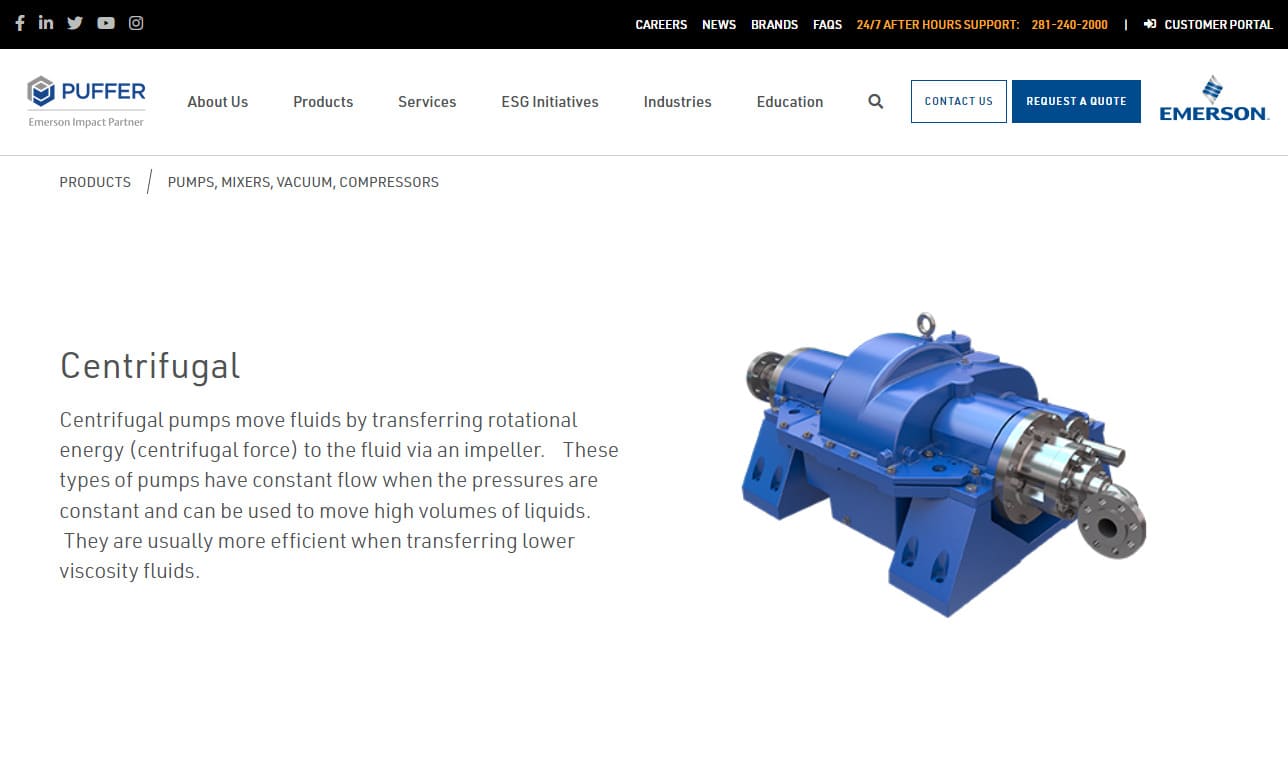
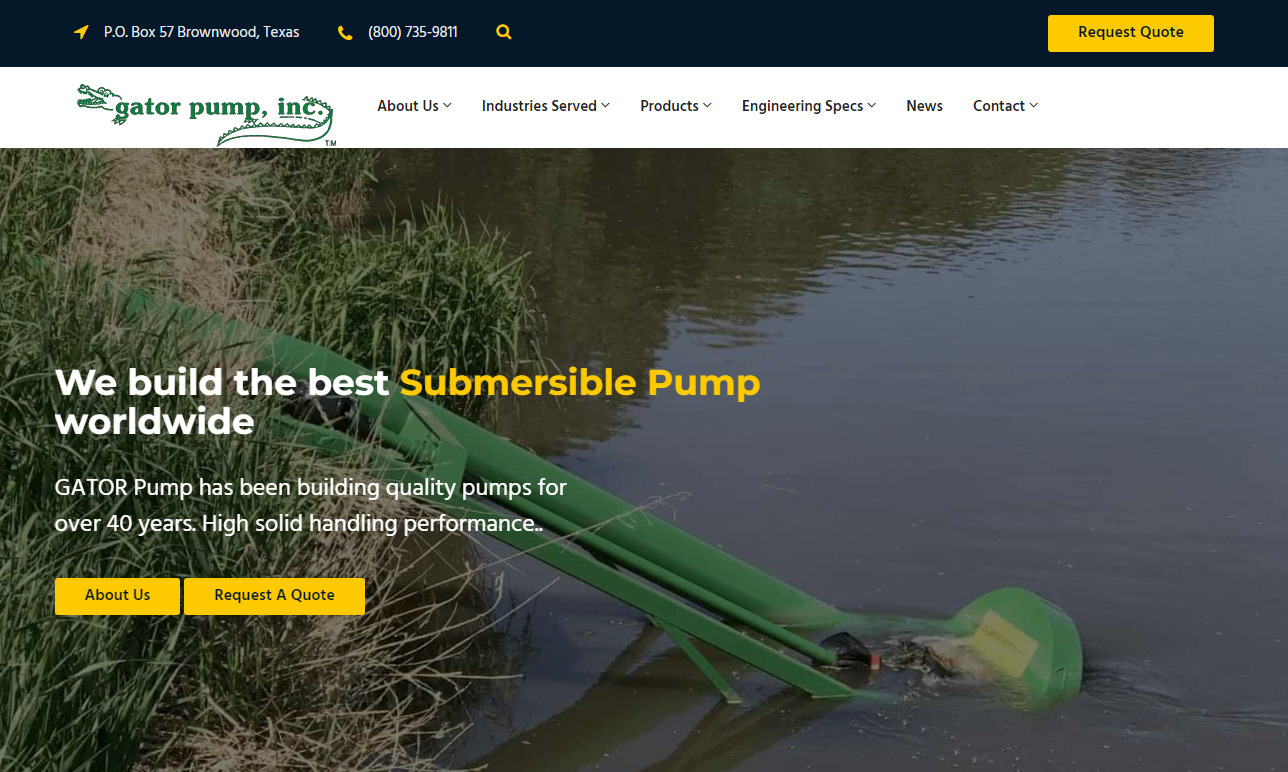

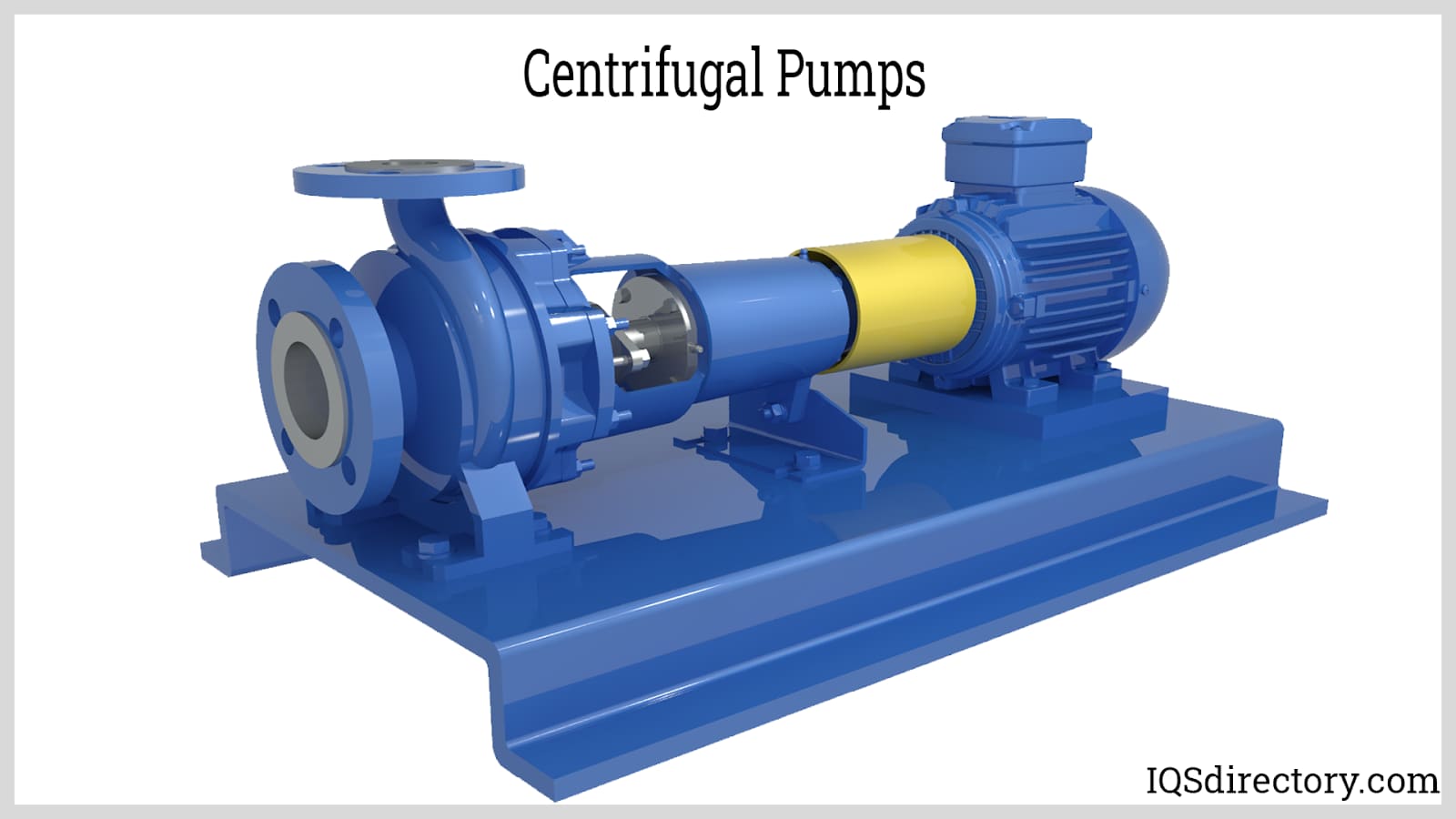
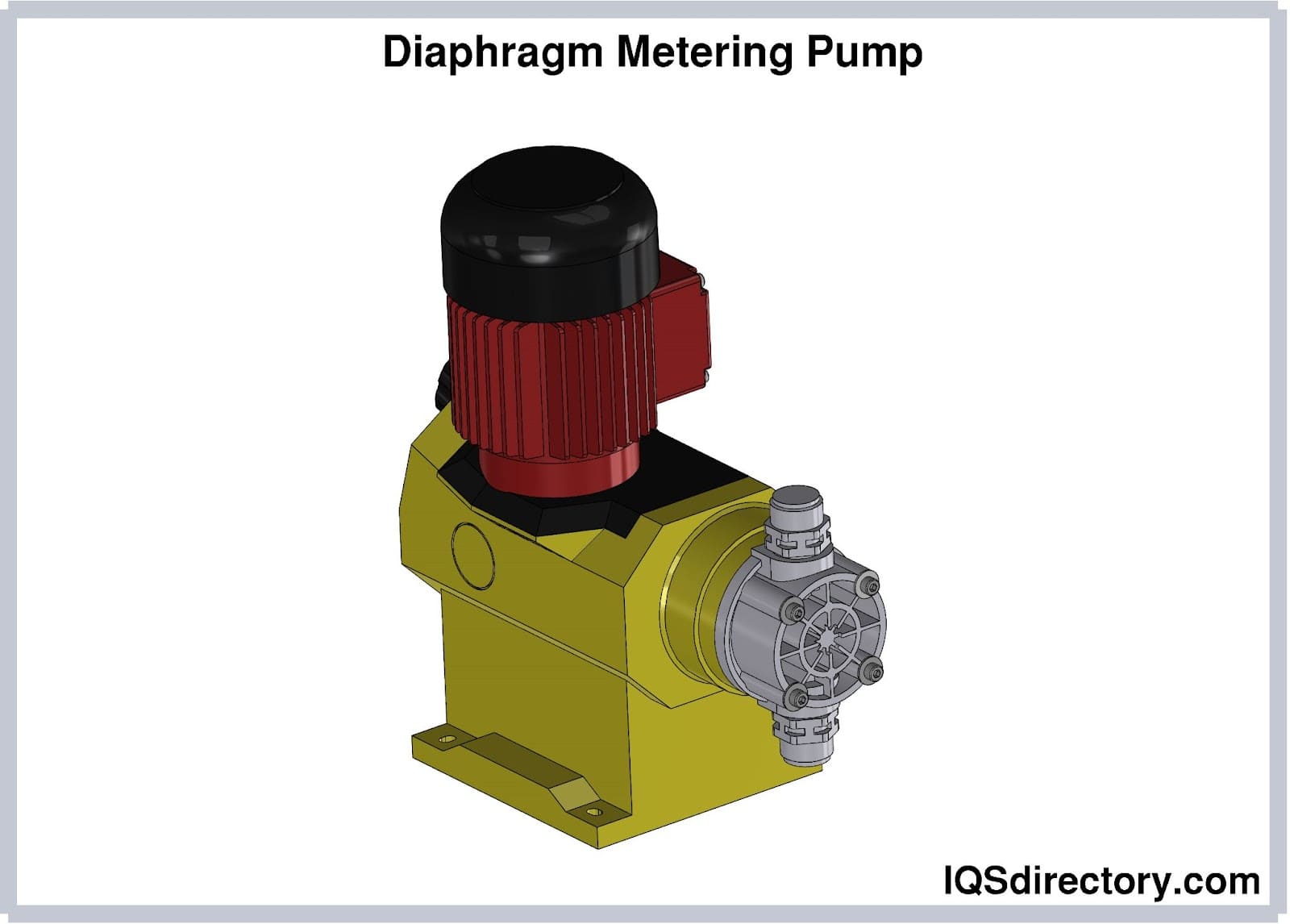
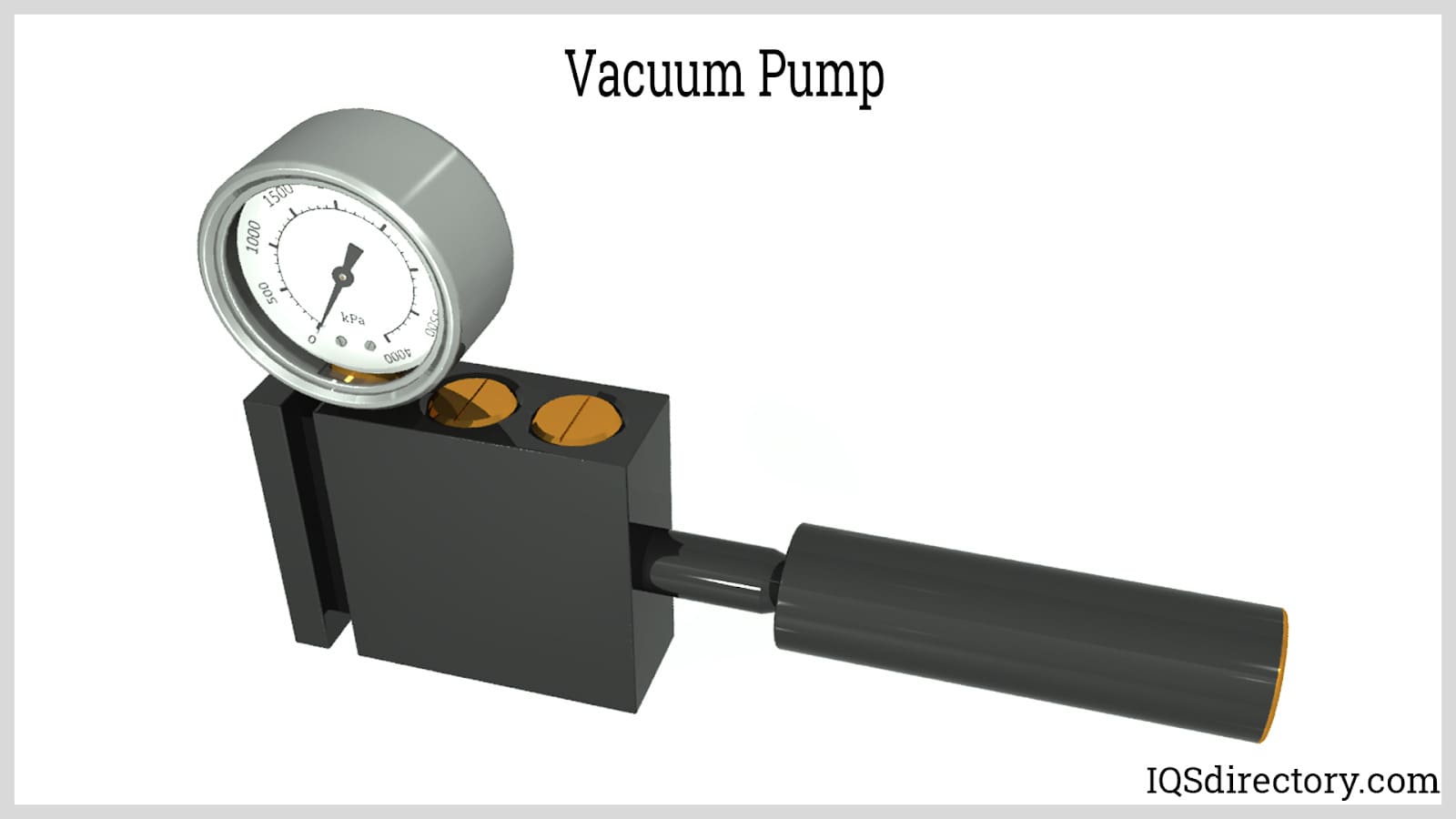
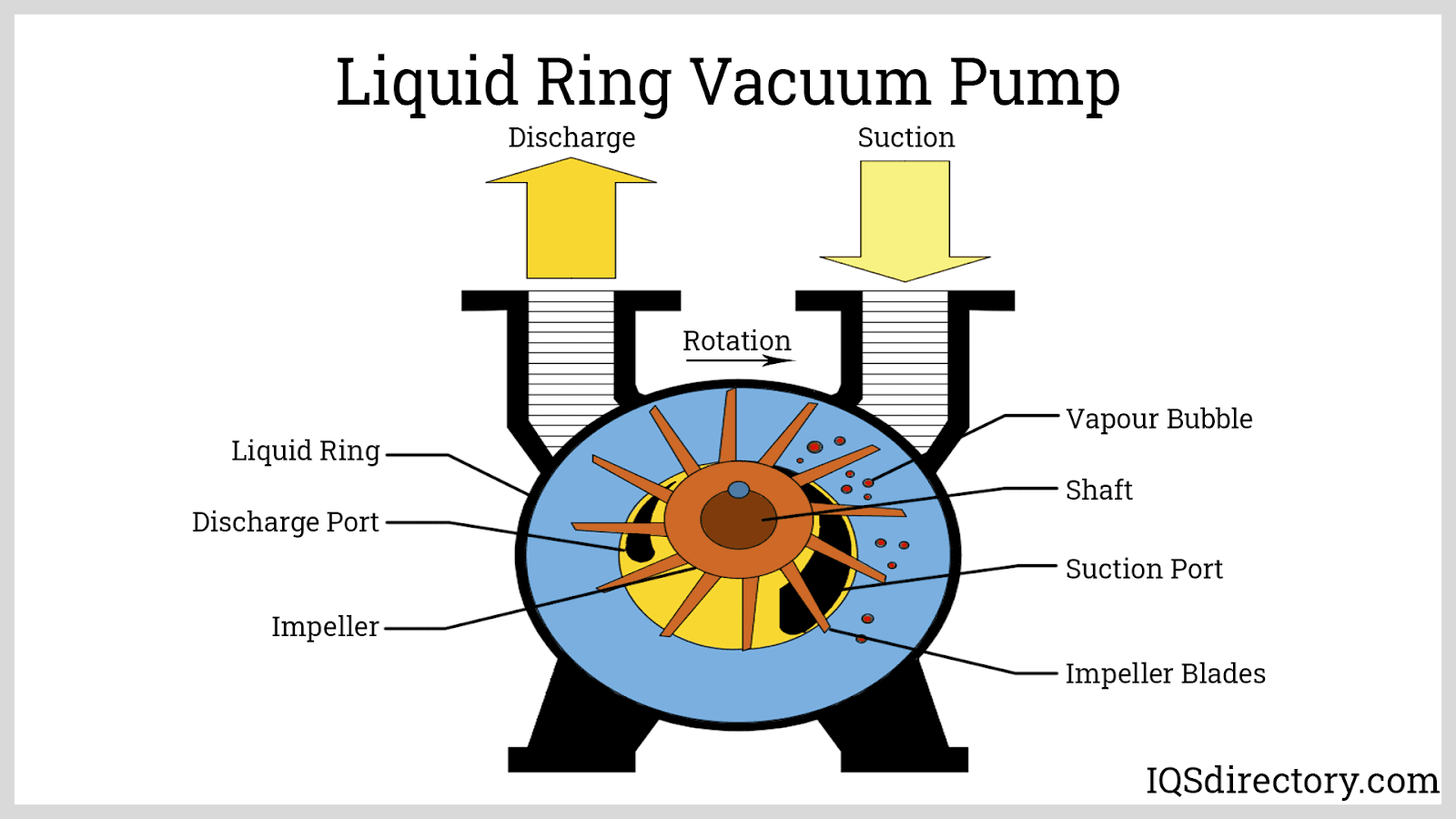
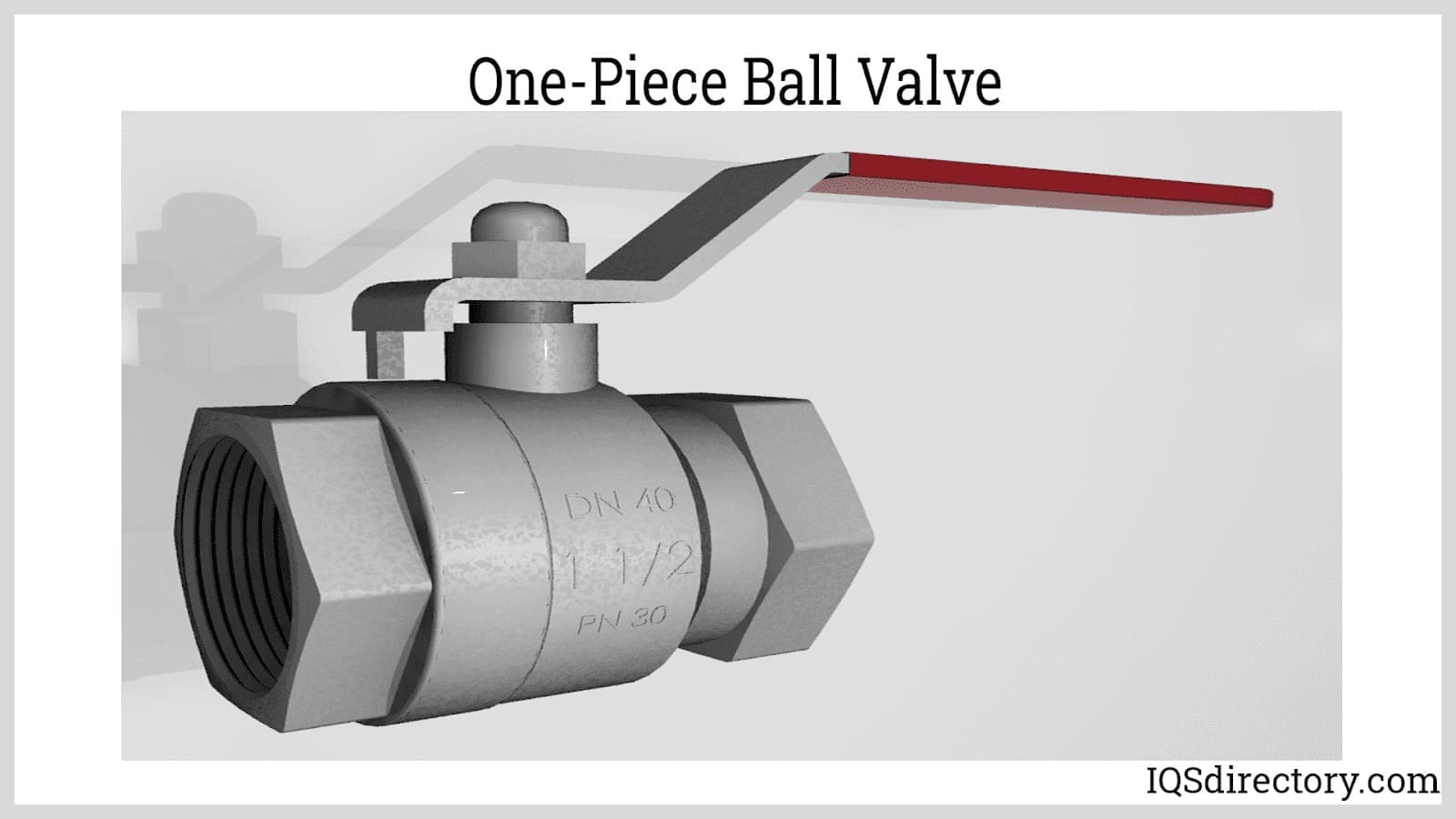
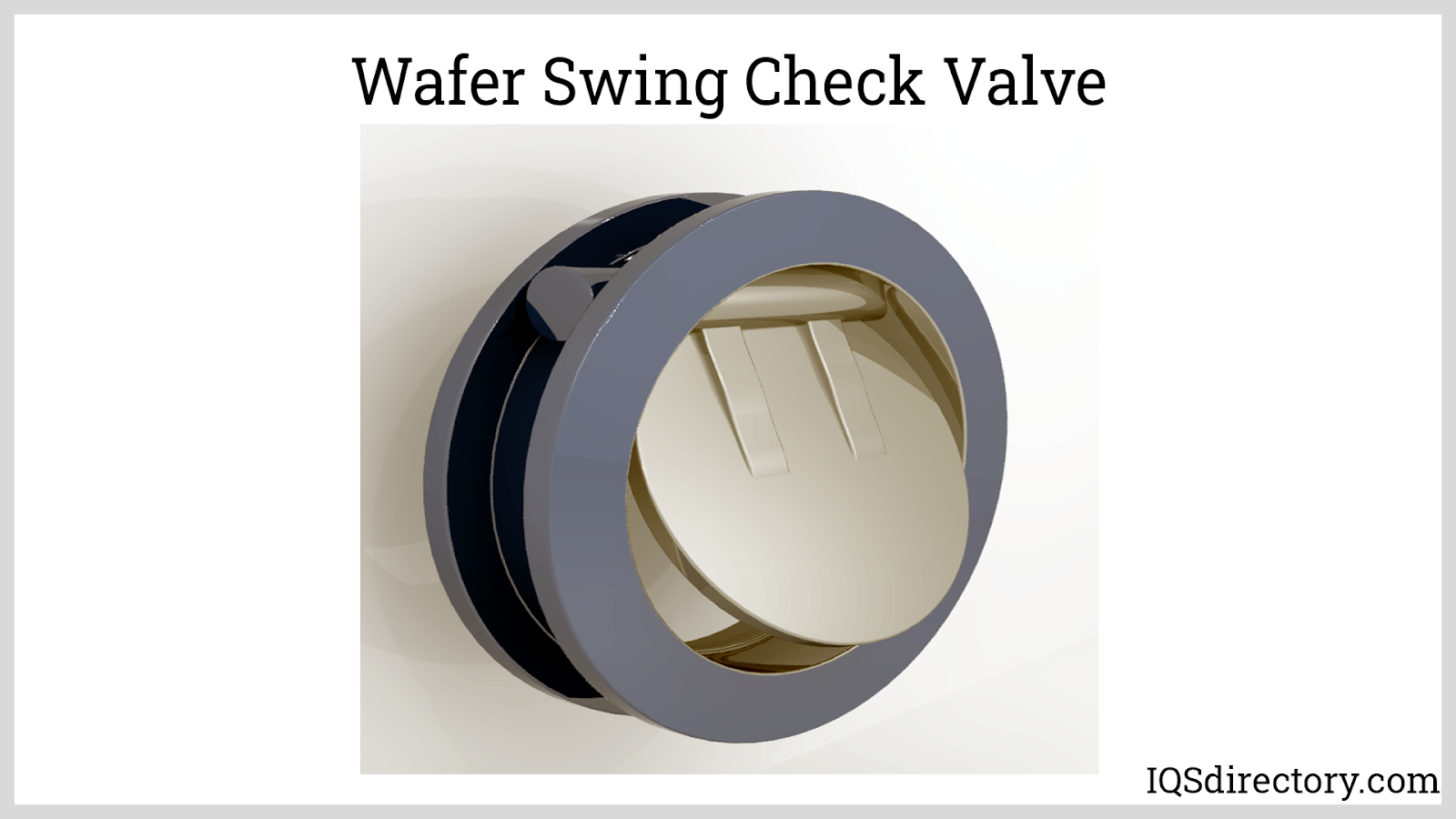
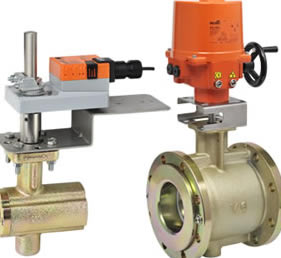 Ball Valves
Ball Valves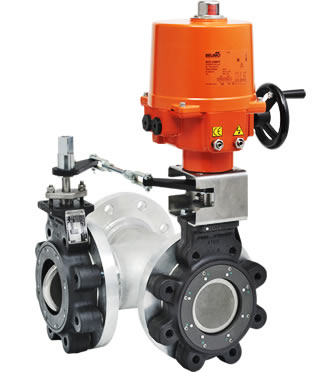 Butterfly Valves
Butterfly Valves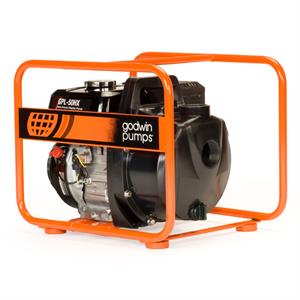 Centrifugal Pumps
Centrifugal Pumps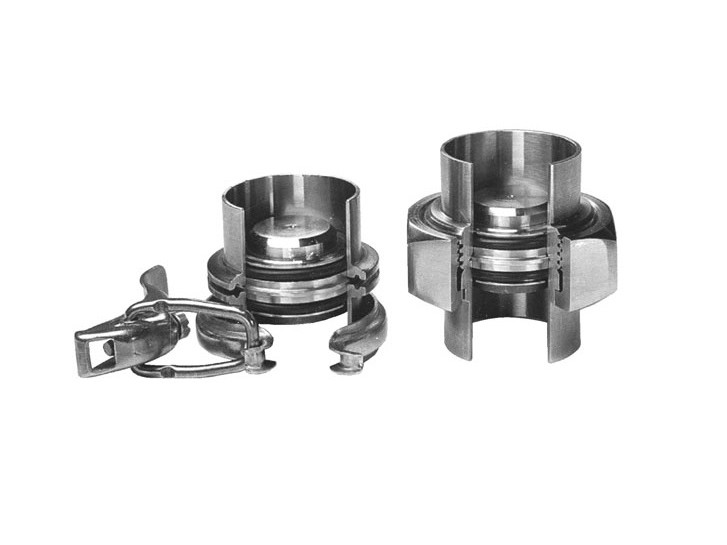 Check Valves
Check Valves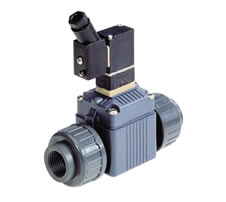 Diaphragm Valves
Diaphragm Valves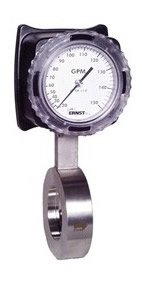 Flow Meters
Flow Meters Hydraulic Pumps
Hydraulic Pumps Hydraulic Valves
Hydraulic Valves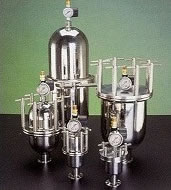 Metering Pumps
Metering Pumps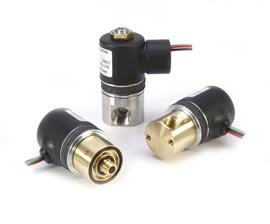 Solenoid Valves
Solenoid Valves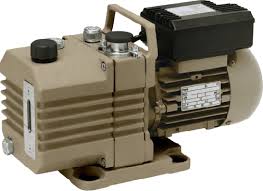 Vacuum Pumps
Vacuum Pumps Castings & Forgings
Castings & Forgings Bulk Material Handling
Bulk Material Handling Electrical & Electronic Components
Electrical & Electronic Components Flow Instrumentation
Flow Instrumentation Hardware
Hardware Material Handling Equipment
Material Handling Equipment Metal Cutting Services
Metal Cutting Services Metal Forming Services
Metal Forming Services Metal Suppliers
Metal Suppliers Motion Control Products
Motion Control Products Plant & Facility Equipment
Plant & Facility Equipment Plant & Facility Supplies
Plant & Facility Supplies Plastic Molding Processes
Plastic Molding Processes Pumps & Valves
Pumps & Valves Recycling Equipment
Recycling Equipment Rubber Products & Services
Rubber Products & Services